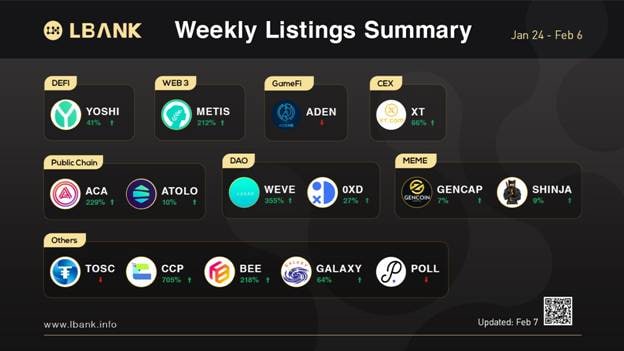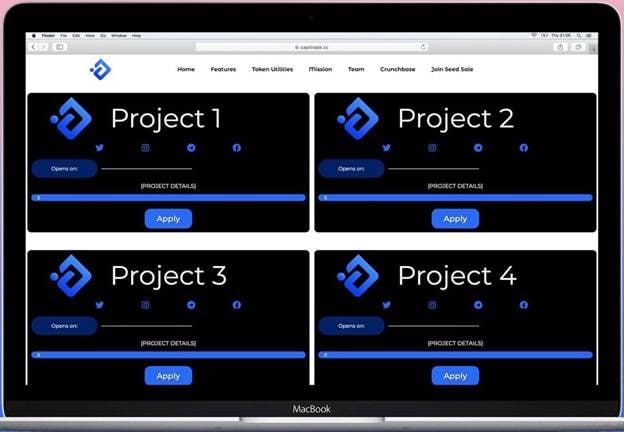As Ethereum’s shift to Ethereum 2.0 gradually takes place, ‘staking’ and ‘proof-of-stake’ have both become two of the newest catchphrases within the crypto world that almost everyone is already familiar with. Still, for the uninitiated, staking is the act of committing a portion of your crypto holdings on a blockchain for a certain period of time to support the network, and in return earning rewards from it. Staking is done on blockchains that follow a proof-of-stake (PoS) consensus mechanism- such as Ethereum 2.0.
More and more traders and investors within the crypto space are staking their coins on one blockchain network or another for the lucrativeness of contribution and maintenance of a PoS blockchain. The more coins a user stakes on a network, the better their chances of becoming a network validator. However, the number of coins required to be staked by a person to be eligible to become a validator is quite high, and not everyone can afford them, thus missing out on the chance to claim staking rewards. This is where staking pools come in.
Introduction to Staking Pools
In proof-of-stake blockchain networks, one’s merit to become a validator is equivalent to the total number of crypto assets they have staked, as mentioned earlier. Most participants on a blockchain rarely possess a significant number of coins of their own to stake, so they may prefer to merge their holdings together to produce the necessary amount for staking.
To put it simply, a staking pool is where several stakeholders come together to combine their assets, so as to unify and enhance their staking power, and ultimately increase the probability of earning block rewards. The idea of a staking pool is not very unlike that of a traditional mining pool, which involves the pooling of hash rates in a blockchain that follows a proof-of-work or PoW consensus mechanism (such as Bitcoin).
How Does a Staking Pool Work?
Generally, a staking pool has its own pool operator or administrator, who is responsible for keeping all the nodes or validators functioning as they should. All stakeholders who join a staking pool have to lock their assets into the pool for a specified period of time; therefore, they are not allowed to use the staked funds until they decide to redeem them, or the expiry date of the staking time frame arrives. This process makes sure the network is secure, as well as has the validators verifying and validating new blocks.
Naturally, the higher all the delegated stake to a staking pool is, the larger its chances of being chosen as a slot leader. Every time a staking pool is selected and it manages to produce a block that is added to the blockchain, the pool receives block rewards. The rewards are then divided between the staking pool operator and all the pool delegators, according to their share in the overall stake.
This is why, in comparison to individual staking, a staking pool comes up with smaller rewards for every delegator for every block that is validated. However, as the more a staking pool accumulates for staking, the higher its chances of being rewarded, staking pools usually give off rewards with more certainty and at a higher frequency. Plus, there is also the fact that stakeholders can make a passive income from idle assets without having to worry about all the technicalities and maintenance of a blockchain node.
Most staking pools incentivize longer staking periods; this way, the longer one keeps their assets locked into a staking pool, the higher their share of the eventual staking rewards will be.
Stake DETO on Delta Exchange
DETO, or the Delta Exchange token, is the utility token of the Delta Exchange, used to incentivize and reward users. DETO follows the ERC 20 standard, and it can be staked on the exchange platform. In fact, Delta Exchange has also launched a DETO staking pool.
The Delta staking program has set up this DETO denominated insurance pool along the lines of the BTC, USDT, and ETH staking pools also available on the platform. Users on Delta Exchange can stake the DETO coins they hold into the DETO staking pool to earn yields. What’s more, the DETO staking pool allows all users who have staked their DETO holdings to withdraw at any moment they wish without any lock-ups.
The APY (annual percentage yield) on the DETO staking pool is 16% at the moment. It’s to be noted that the staking yield from the DETO insurance pool is bound to be higher than those from the deposit schemes.
While the DETO staking pool helps reduce the circulating supply of DETO, increasing the value of the DETO coin in the process, the resultant insurance fund also pulls in other big trading firms and funds to perform trades on the Delta Exchange platform.
Stake BTC, ETH, and USDT on Delta
As mentioned previously, along with DETO, the Delta Exchange platform also allows you to stake three other popular cryptocurrencies into respective staking pools for them. The interest you would be earning from all these staking pools would be directly distributed to your account regularly at 12:00 PM UTC. Plus, you can withdraw your stake at any time you wish.
Happy staking!
Disclaimer: The opinion expressed in this chart solely author’s. It does not interpreted as investment advice. TheNewsCrypto team encourages all to do their own research before investing.








